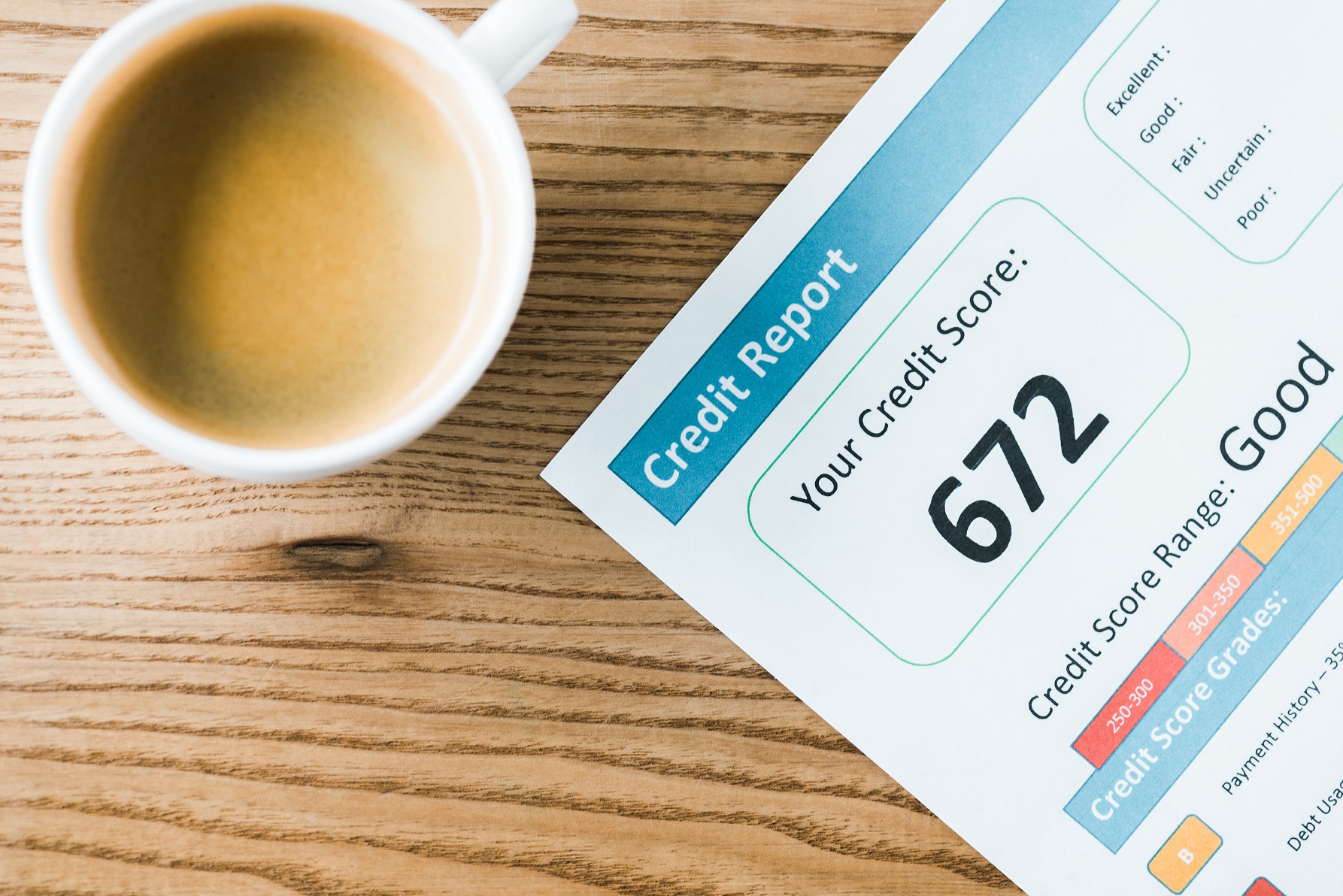How Often Does Your Credit Score Update?
- January 19, 2024
- 7 min read
-
514 reads
If you are making regular payments on your accounts to improve your credit, you may wonder when this may end up showing on your credit report.
Your credit reports are updated when credit reporting agencies receive new information from your lender(s). This typically happens once every month, but in most cases, at least every 30-45 days. However, keep in mind that some lenders may update your details more often than this.
Because updated information from lenders is not received at the same time every day, new information may show up on your credit report more often. You can get your credit report from the three nationwide credit reporting agencies – Experian, TransUnion, and Equifax.
Does your credit score change daily?
Your credit scores can change frequently. That’s why you should check your credit reports on a regular basis, preferably once a month.
💡 Learn more about how you can improve your credit score.
What is rapid rescoring?
Rapid rescoring can be beneficial if you are looking to be approved for a credit or loan application. This typically helps with a mortgage application, where your credit score is good, but not quite good enough for the lender’s requirements.
If you’ve made an effort to pay accounts on time and improve your credit record but it hasn’t been reflected in your credit profile yet, lenders may request the information to be updated on your credit profile.
This can result in your credit score being updated within a few days, instead of having to wait for the next month or more. However, keep in mind:
- You can’t request a rapid rescore on your own.
- A lender must request one on your behalf and there’s usually a fee for the service.
- A rapid rescore can’t fix previous mistakes or make negative information disappear.
How often do lenders report to the credit bureaus?
Lenders typically update the information to the credit bureaus about once a month. However, this may differ between lenders; if you have accounts at more than one lender, they might send credit updates at different times throughout the month, so your credit scores could change frequently.
Lenders normally report to all three main credit bureaus, but they are not obliged to. Some lenders may only report to one or two credit bureaus, and others may not report at all. If you want to know where your information is updated, you should ask your lender which credit bureaus they report to.
So, how often does your FICO credit score update? There is no specific formula for this, either. But you can expect your FICO score to update about once a month.
Every time one of your lenders updates your information at one of the major credit bureaus, your FICO score may refresh.
Why do credit scores change?
Here are some of the reasons why credit scores change.
Hard inquiries
When you apply for a credit card, car loan, mortgage, or other credit product, the lender will do a credit check. This is known as a hard inquiry and it may cause your credit score to drop a little.
Late payments
Late payments can have a negative effect on your credit score. If you miss a payment, you may have to pay a late fee and the payment will be reported to the credit bureaus. Also, keep in mind that this may stick to your credit report for up to seven years.
If you know you will be late with a payment, reach out to your lender as soon as possible to let them know. They may be able to assist and offer you an alternative arrangement to avoid late payment fees and a bad mark on your credit.
Bankruptcies
Bankruptcy can be a difficult thing to deal with. Before you go this route, always weigh up your options carefully and look at the pros and cons. If you ultimately feel that declaring bankruptcy is your best option, you will need to rebuild your credit profile.
Bankruptcy may show on your credit profile for up to 10 years, but you can try and bounce back when you are ready. You can do this by applying for a secured credit card or taking out a secured loan.
By repaying your loans and credit cards on time and keeping your credit utilization low, you can help to rebuild a stronger credit profile.
💡 Learn more about Chapter 7 bankruptcy and when to use it.
Changes to your credit profile
Lenders like to see that you can effectively manage different credit accounts and types. You may notice a positive change in your credit profile if you were recently approved for a personal loan or a revolving credit account.
One way to have a healthy credit mix is balancing a mortgage with credit cards, for example. But remember not to open new credit accounts simply to improve your credit mix.
Age of accounts
Typically, the older your credit accounts and loans are, the better for your credit profile. The age of your credit accounts shows lenders how long you have been managing your profile and how you are handling your credit.
It’s very important to keep your credit card open – even after all balances have been paid – as it helps to show that you can responsibly handle credit.
Balances
If you have credit cards, try to pay off the balances in full every month. This will not only help you to avoid interest charges but also show that you can handle credit. It might not always be possible, so an alternative is to pay more than the minimum balance to reduce your credit card debt as much as possible.
How often does your credit score update?
How often your credit score changes depends on how often your lender reports to credit bureaus. This usually happens once every 30 days, but can take up to 45 days .
When does your credit score update?
Your credit score changes every time a lender gives information to one of the credit reporting agencies. The new data will change what is on your credit report which will in turn change your credit score.
How long does it take for your credit score to update?
It can take 30 to 45 days for your credit score to update.
How often does Experian update your credit score?
Experian updates your credit score when it receives new information from your lenders. This usually happens once every 30 to 45 days.
Sources
- Experianaccessed on November 4, 2022
- TransUnionaccessed on November 4, 2022





